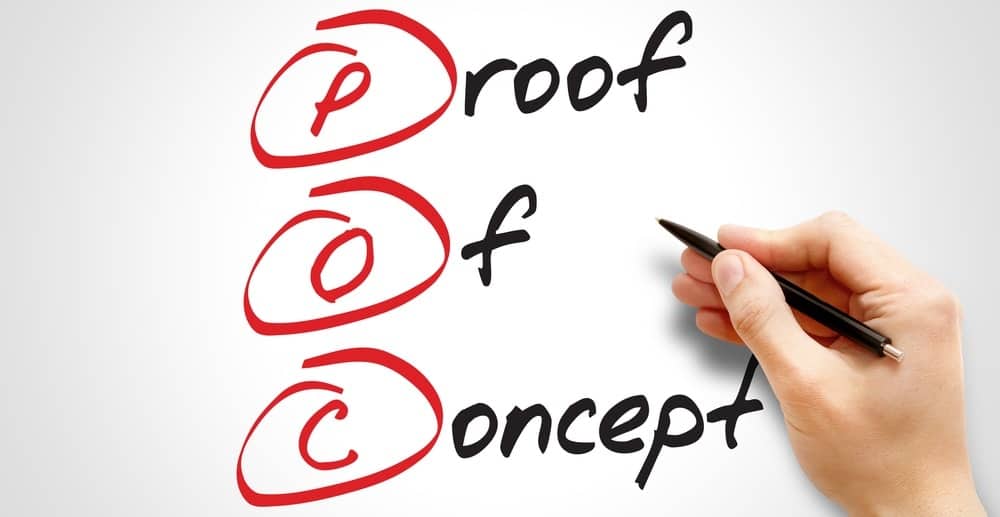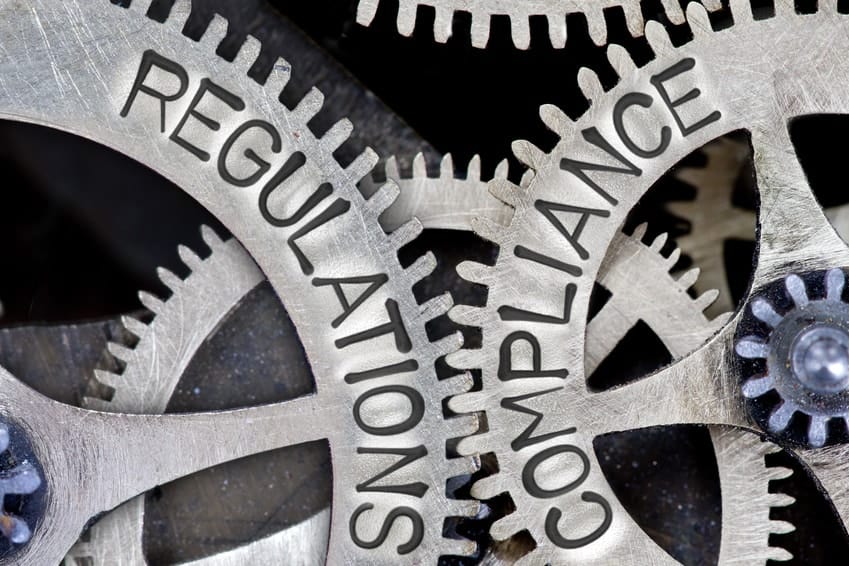There are 5 things to look for in an IT partner. Let’s assume you’ve put yourself on the market, shopped around and now found someone suitable. They might’ve ticked all the boxes but what do you do when that 36-month itch comes along and you start wondering if you made the right choice. Sometimes they just need to be reminded of why you both entered the partnership. Here are some tips to ensure you are both getting the most out of your technological relationship:
- Reporting – Are you still getting the relevant information about the service you are paying for? This will depend on the level of engagement you have chosen; however, you should at least be getting helpful monthly information. This is one of the key features of the relationship that you can use to keep your partner honest and ensure you are getting your money’s worth.
- Proactiveness – One of the 5 things I mentioned to look for when you select an IT partner and should remain relevant throughout the relationship. Often this quality is demonstrated after a major incident or project, then slowly fizzles. Be mindful of how proactive your partner is being with your IT environment and question them if they come up short. For example, something that can often miss the proactive boat is SSL certificates. You want to have confidence that these are not going to expire and your partner should be reassuring you that they have these under control (and not frantically expediting changes to get the replaced the day before they expire!).
- Asset management When you enter a support agreement with an IT partner it is important to know exactly what you have in your environment and even more important that your partner knows too. Do they know the age of your infrastructure, where it is and who is using it? This is something that requires commitment and needs to be managed throughout the life of the relationship. Perhaps more importantly, it’s your assets that determine how much your support agreement costs. If your assets are not properly maintained, how do you know you are getting value for money?
- Documentation – A simple and easy one to check on. Does your partner know your environment and its people? You should be able to request a copy of the documentation that your partner maintains. Make sure it is current and relevant. If there is information there that is severely out of date then it’s time to have a talk.
- Ownership – There are many ways this can be demonstrated and as with other qualities, it needs to be consistent. Often this one shines through in such situations as major incidents or when several suppliers are involved in a project. Be conscious that your supplier is not passing blame onto some other vendor or technology and is treating your problems as their own.
Hopefully, these few areas give you something to assess where you are at in your IT supplier relationship. Should they be dropping the ball on some of these then it might be time to re-evaluate or potentially get a second opinion. If you’re not sure where to go or who to speak to, we can help by providing unbiased advice to ensure you’re getting the most from the relationship. Get in touch today.


